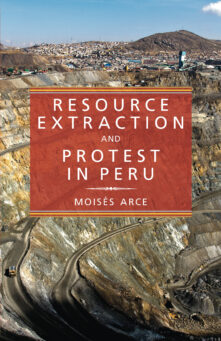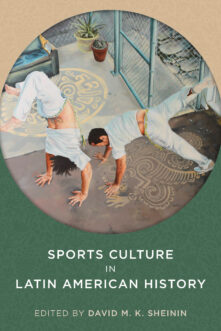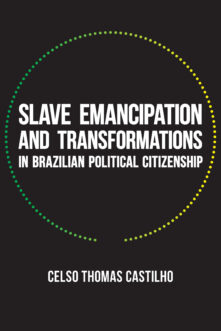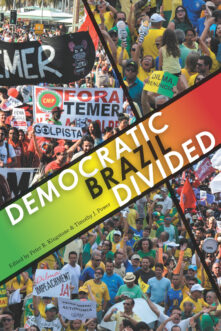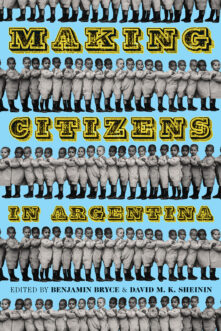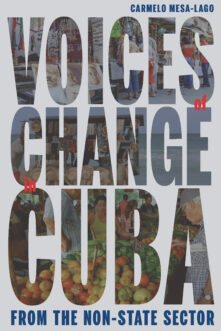Books
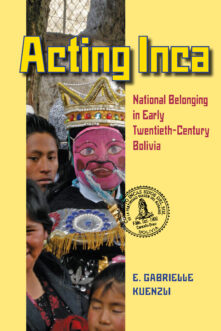
Acting Inca
National Belonging in Early Twentieth-Century Bolivia
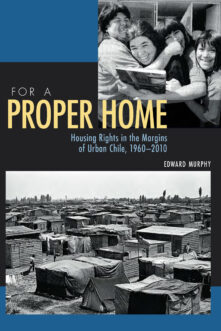
For a Proper Home
Housing Rights in the Margins of Urban Chile, 1960-2010
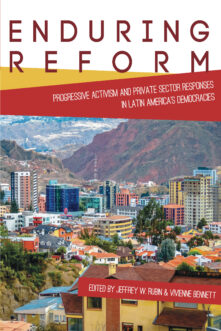
Enduring Reform
Progressive Activism and Private Sector Responses in Latin America's Democracies
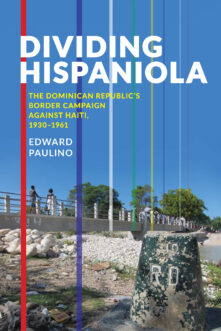
Dividing Hispaniola
The Dominican Republic's Border Campaign against Haiti, 1930-1961
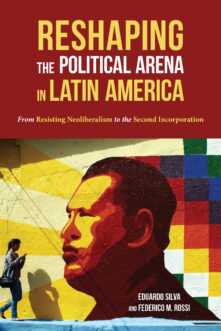
Reshaping the Political Arena in Latin America
From Resisting Neoliberalism to the Second Incorporation
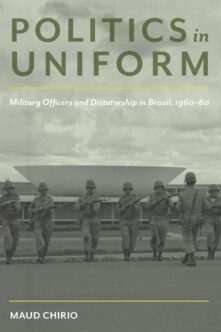
Politics in Uniform
Military Officers and Dictatorship in Brazil, 1960-80
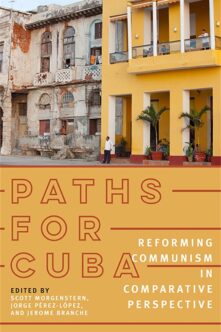
Paths for Cuba
Reforming Communism in Comparative Perspective
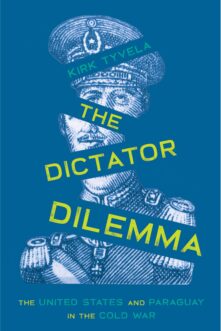
The Dictator Dilemma
The United States and Paraguay in the Cold War
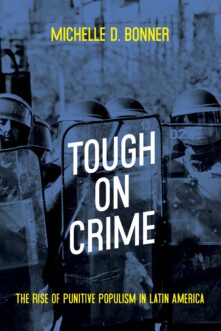
Tough on Crime
The Rise of Punitive Populism in Latin America
Total 113 results found.


